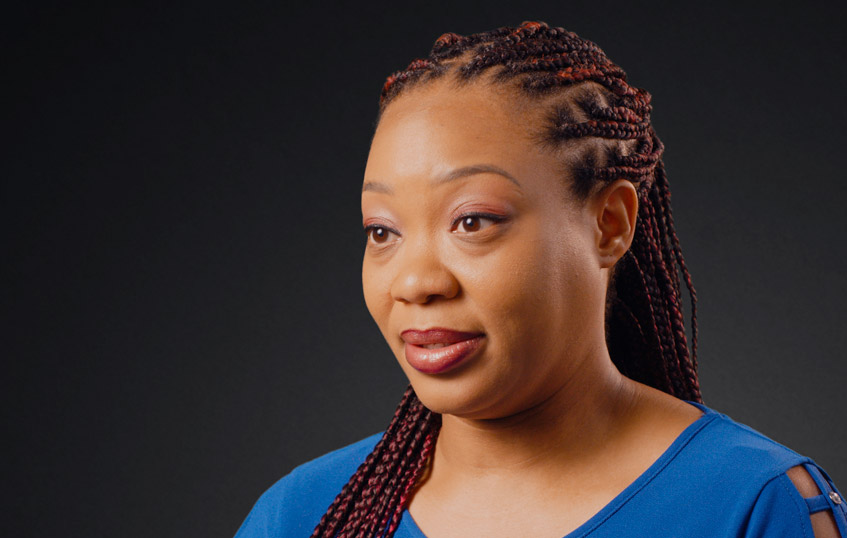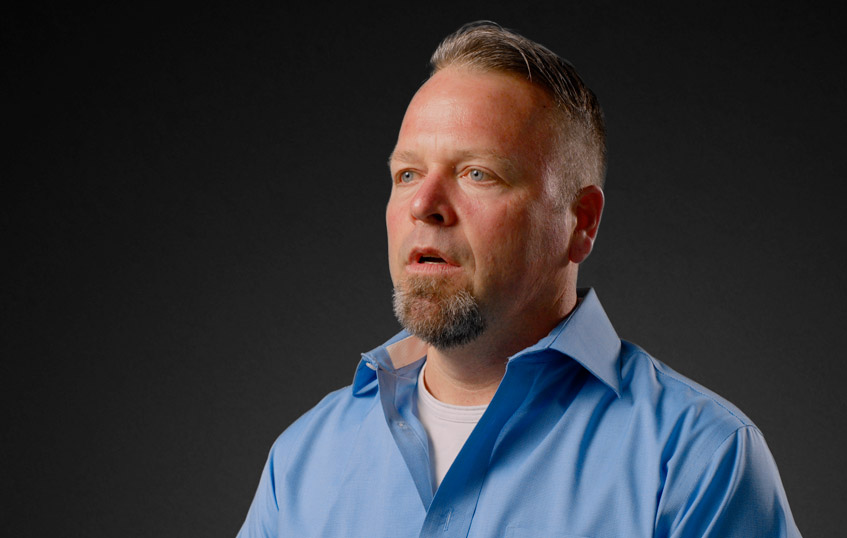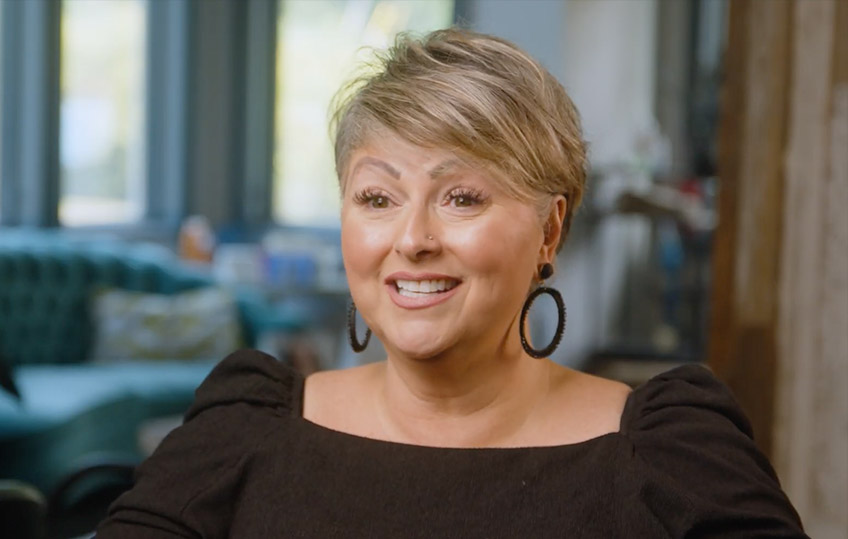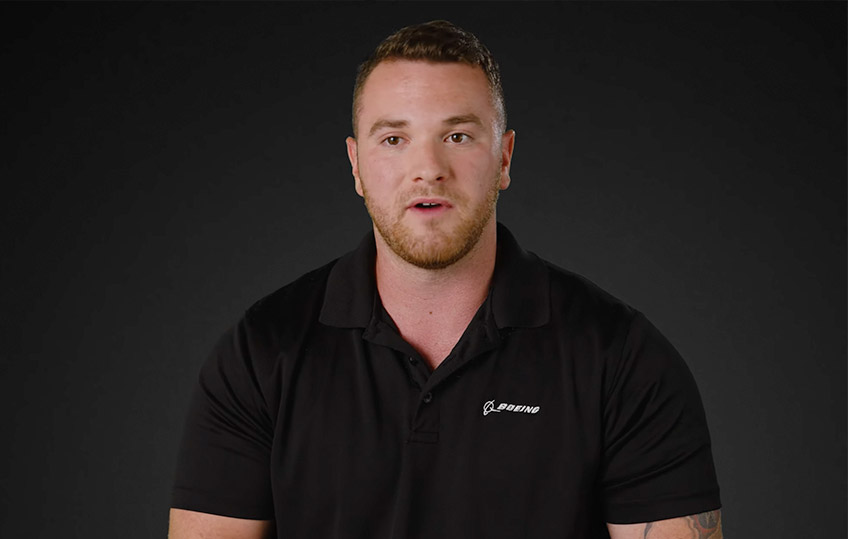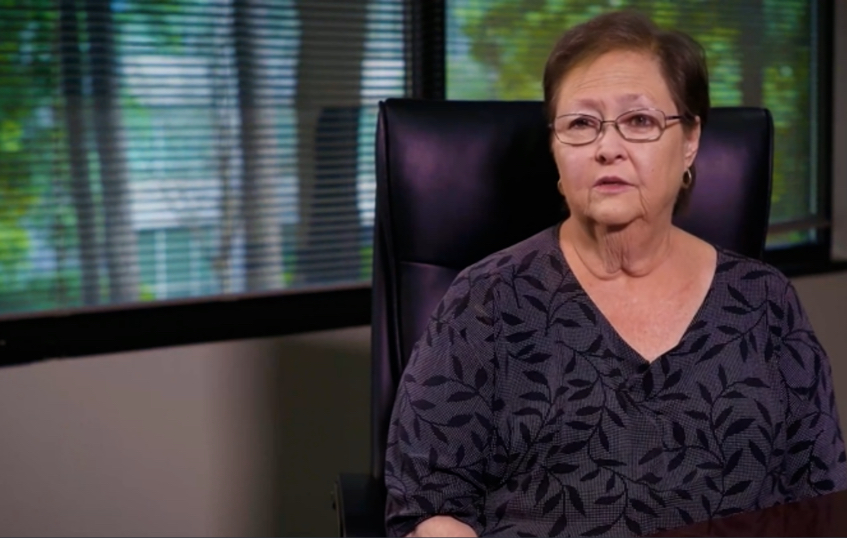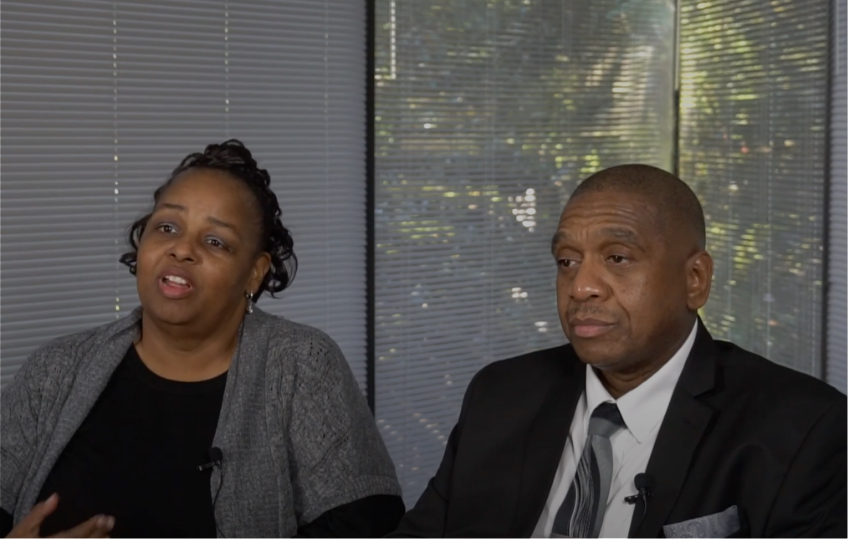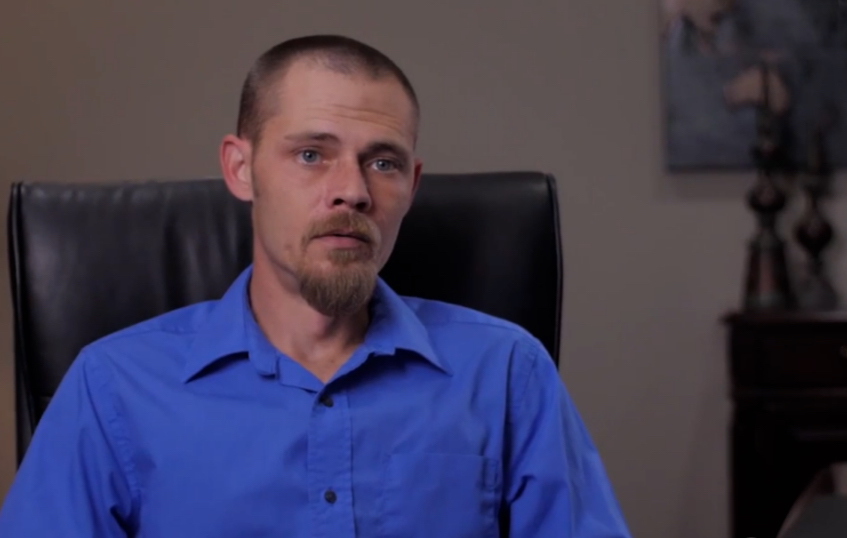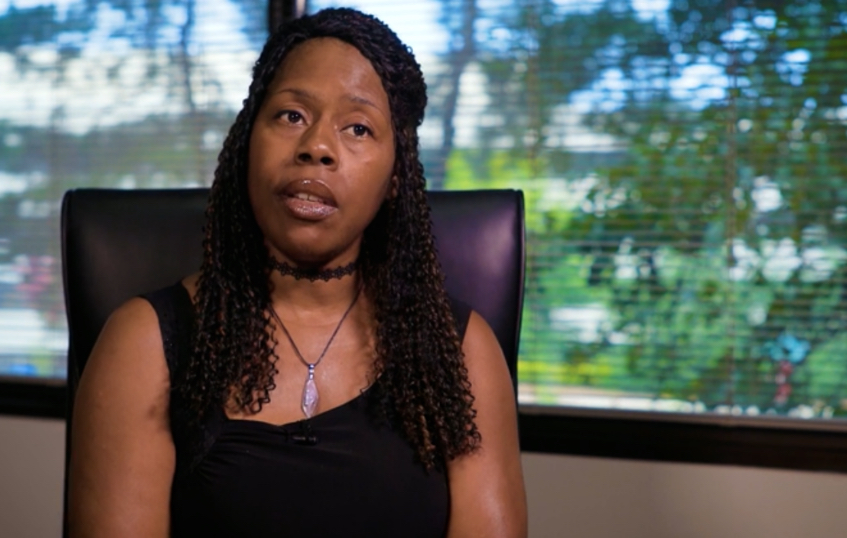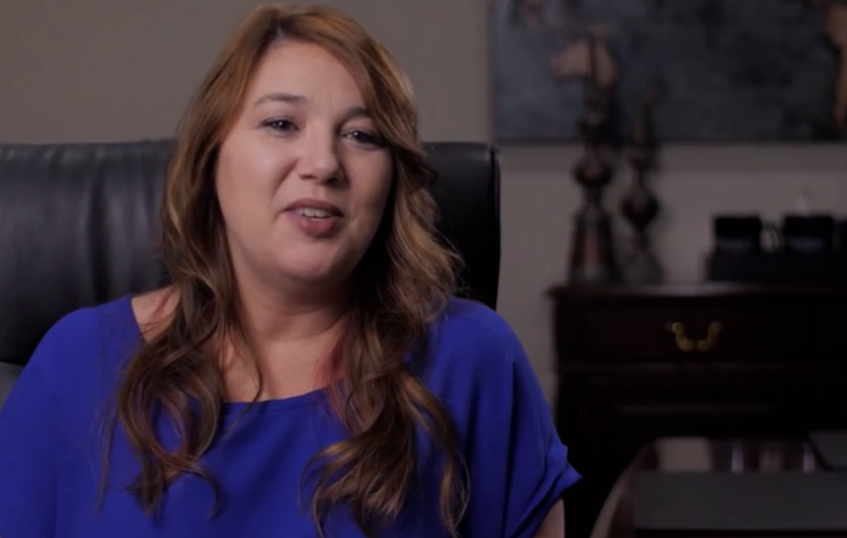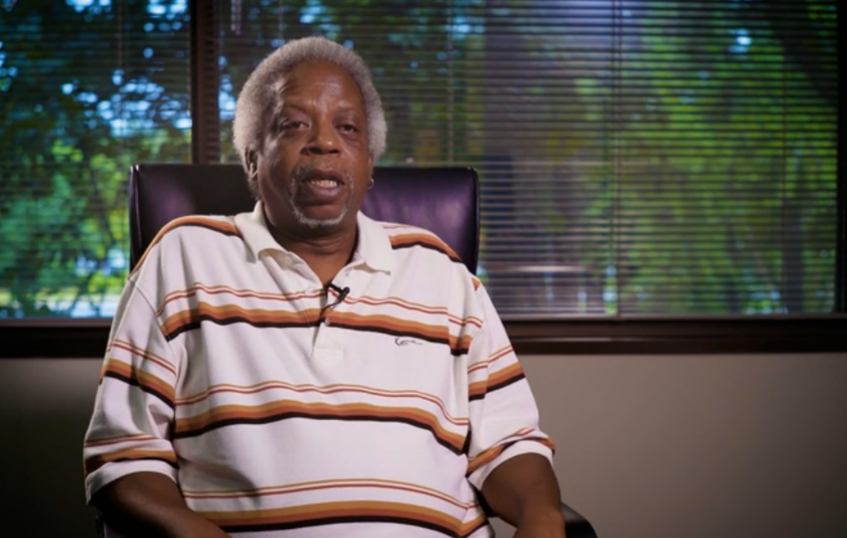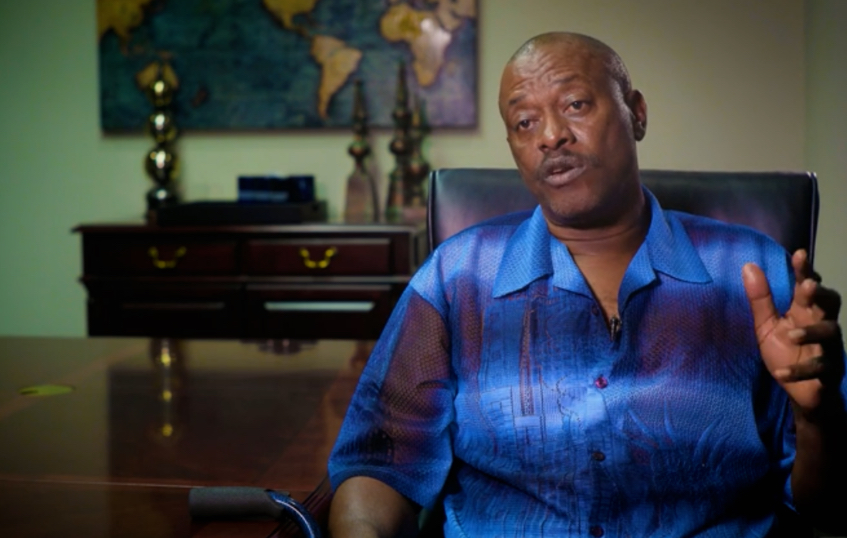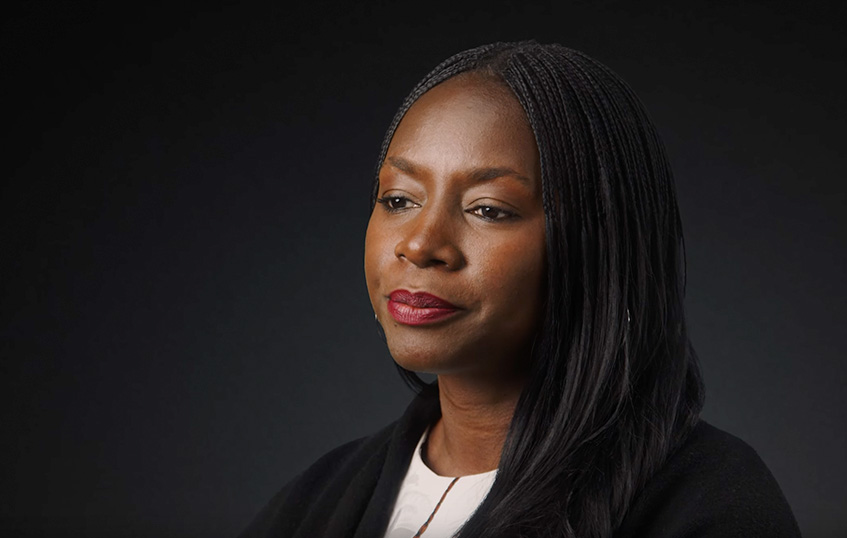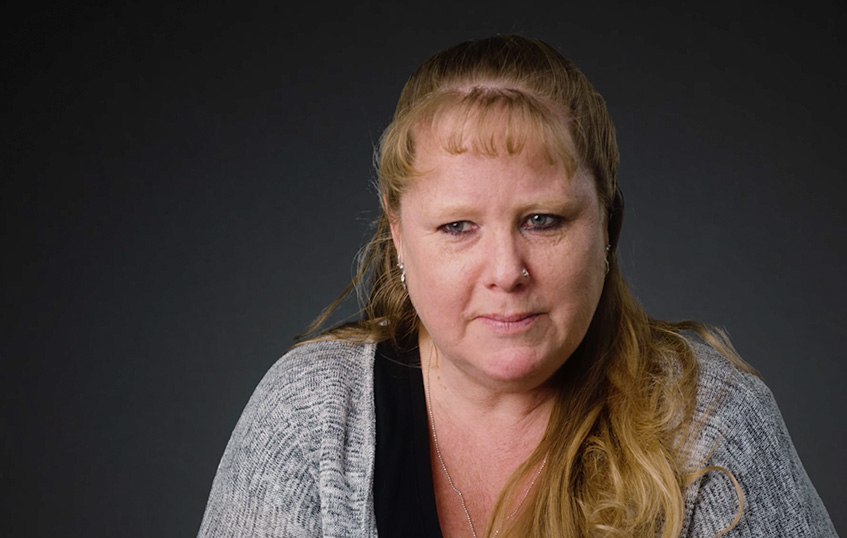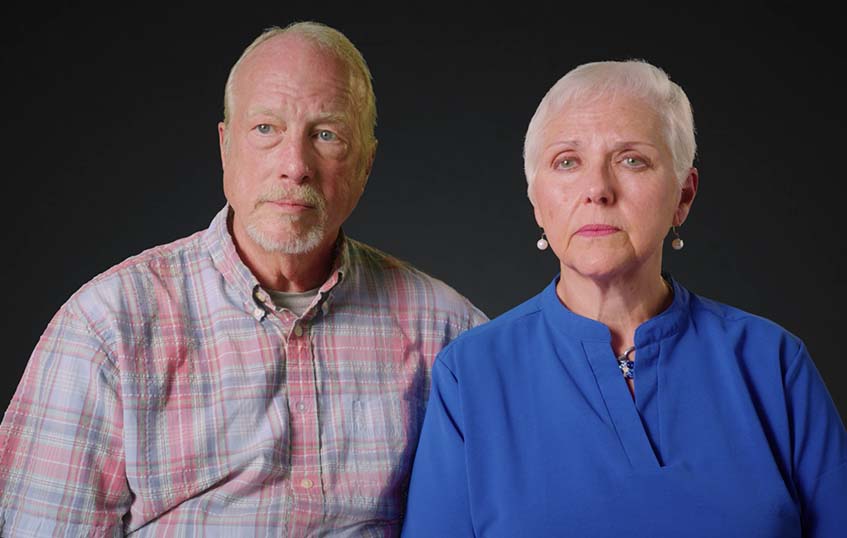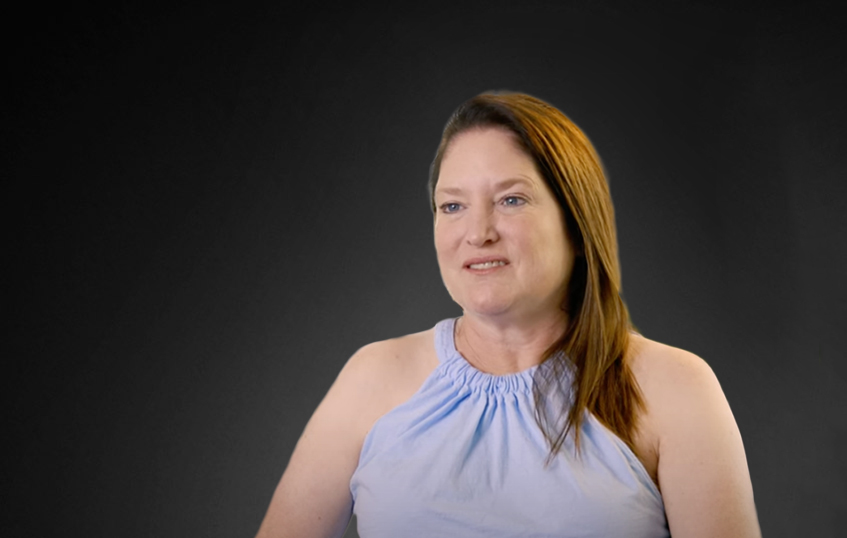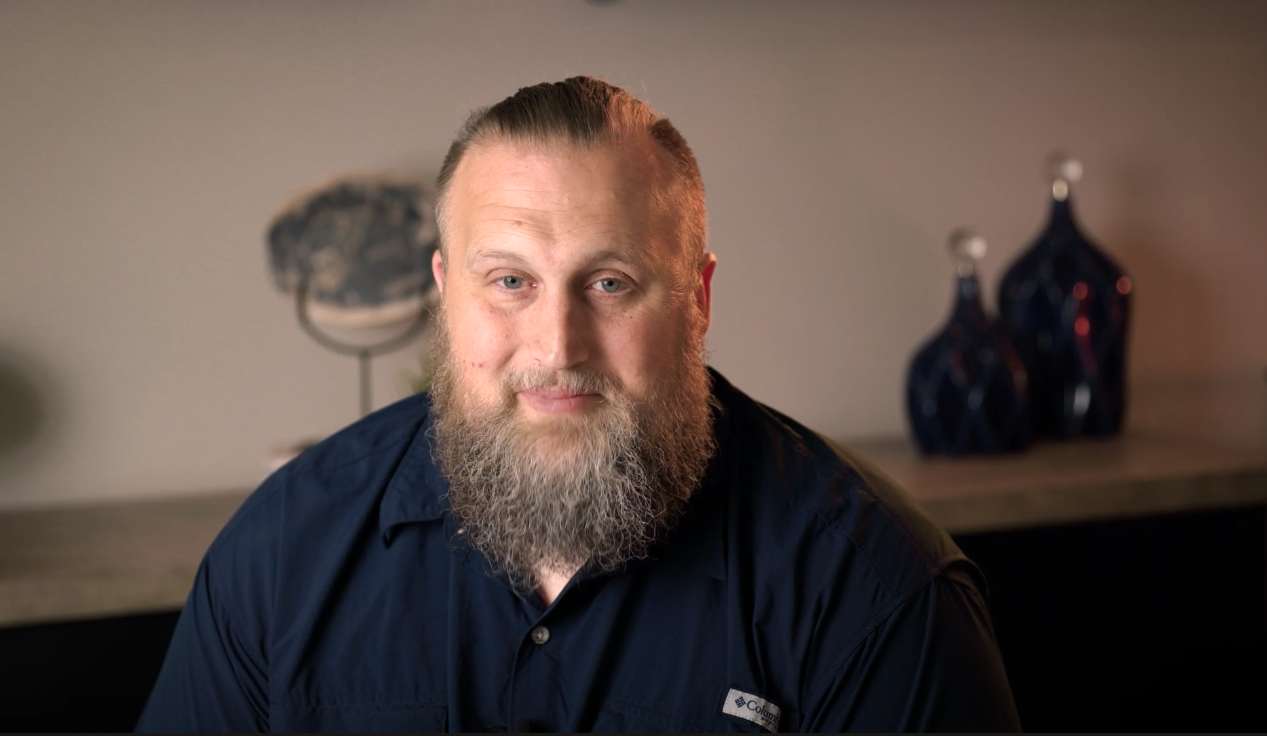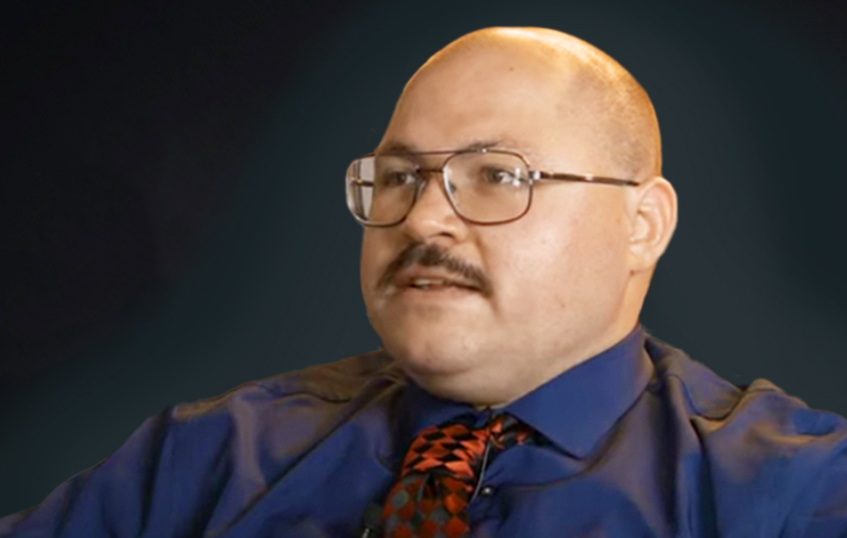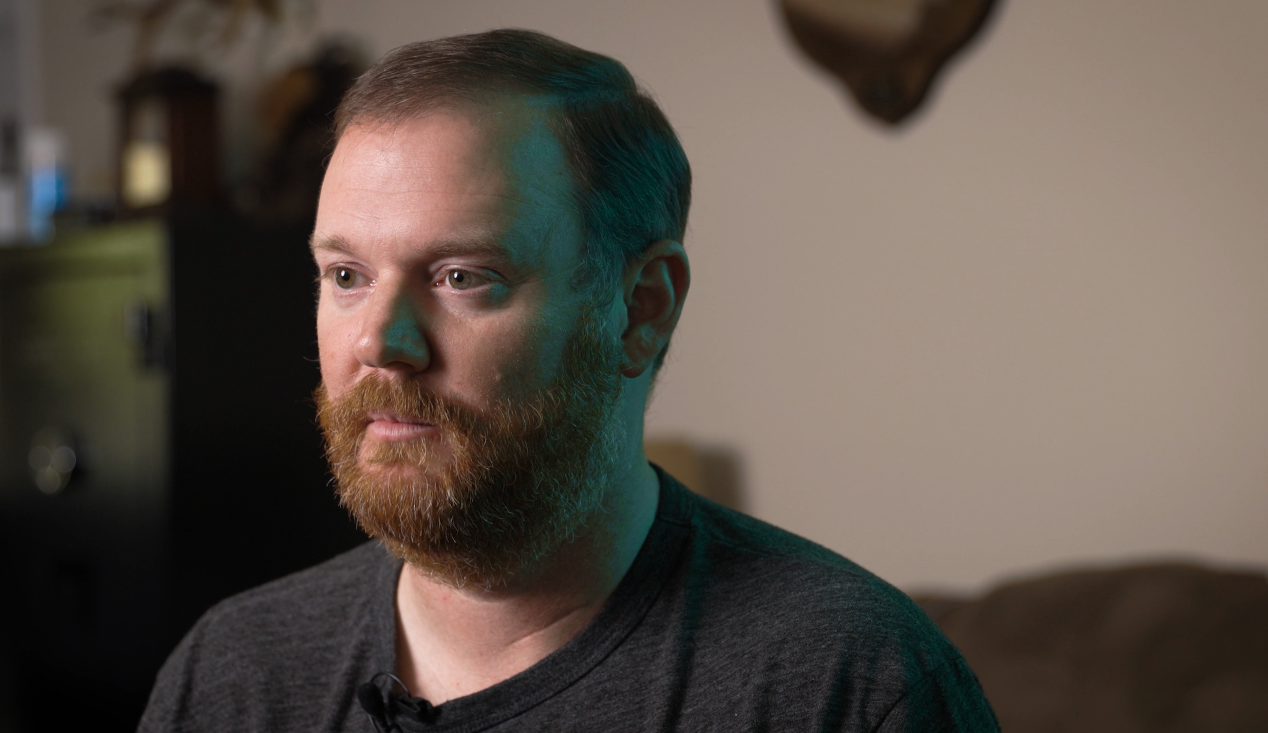How to Prove Your Georgia Personal Injury Claim
It takes evidence to hold the right party accountable.
Pay nothing until you win.
Guaranteed.
Over $100 Million Won.
Establishing Liability in Georgia
When pursuing a civil personal injury lawsuit, the burden of proof is based on a preponderance of the evidence. This means the evidence must show that the defendant in your case is more than likely responsible for causing your injuries.
Establishing negligence here is vital. The four following elements must be met to be found liable:
- A duty of care existed
- The duty was breached
- The breach caused your injuries
- You suffered damages as a result
Essentially, you need to prove that the defendant owed you a certain level of responsibility, failed to meet that obligation, and caused you to suffer as the result of their action or inaction. However, you need to present compelling evidence to support your case to make this argument.
Common Types of Personal Injury Evidence
Several types of evidence could be used to support your case depending on the accident, your injuries, and other details. Some examples of evidence used to support personal injury claims include:
Earnings Statements
Loss of income is one of the most common damages sought after a personal injury. When you cannot work, you could present prior pay stubs and statements from your employer that include how much money you would have earned if you had not been out of work.
If you earn a living via commission, tips, or are self-employed instead of making an hourly or salary income, you may need help to calculate the value of your lost income accurately.
Medical Records
Documentation of the severity of your injuries is valuable evidence. In addition to including diagnostic test results, medical evaluation reports, and details of your current and future treatment plans, you might also have your physician’s prognosis to determine when you may be able to return to work.
Other medical evidence to support your case could include:
- Blood test results
- Photos of your Injuries
- A list of your appointment dates
- Copies of your prescription medications
- Receipts that document the cost of your treatment and medical care
- Records that document your mental and emotional state
Police and Crash Reports
If the police came to the scene of your accident, they should have filed a police or crash report depending on the incident. You may access a copy of this police report by contacting the police department or other law enforcement agency that completed the initial accident report.
This might include the Georgia State Patrol or local police departments across Georgia. The accident report may consist of valuable information, including when the accident occurred, initial statements, and law enforcement’s determination of liability.
Photos
Taking photos of the aftermath of an accident throughout your recovery can show the severity and extent of your injuries. At the accident scene, be sure to document any property damage and injuries you have sustained.
Take photos of your injuries immediately after the accident and as you begin treatment so the court can see a visual representation of the harm done as opposed to reading about them in your medical records.
Witness Statements
Anyone who witnessed the accident that caused your injuries should be interviewed and their statements documented. Witness statements and bystanders often provide objective information about who may have been responsible for causing the accident and your resulting injuries. This alternative perspective can help better understand who is at fault for the accident in question.
Personal Injury Evidence Obstacles
Recovering evidence to support your injury claim will likely run into some hurdles. But these complications should not hold you back from getting the most out of your claim.
Some complications that you could expect when building a personal injury lawsuit include:
- Difficulty obtaining time-sensitive evidence
- Being held up by the defendant’s investigation
- Waiting until the statute of limitations is about to expire
- Sharing liability for causing the accident or your injuries
Georgia Personal Injury Evidence FAQs
To help better prepare you, we have answered some of the more frequently asked questions surrounding evidence in Georgia civil claims. If you have additional questions, be sure to contact our office to discuss your specific concerns further.
Why do you need to act quickly after a personal injury accident?
Under GA Code § 9-3-33, the statute of limitations for personal injury claims is generally only two years. This is a much shorter timeframe than you might have thought to build a case. The sooner you get working on your case, the more likely it is to recover evidence that may be time-sensitive, such as video surveillance, witness statements, and forensic evidence at the accident scene.
Does sharing fault affect my right to compensation?
Yes, sharing fault can impact how much compensation you can recover. Under GA Code § 51-12-33, the state follows a modified comparative negligence system with a 49% threshold. This means you can share up to 49% of the liability for the accident and still recover compensation for your damages.
Once the fault has been determined, the percentage of liability placed on you will be deducted from your injury settlement. For example, if you were 20% at fault for the accident, your injury settlement will be reduced by 20% accordingly.
How long will it take to settle my case?
Every case is different. Depending on the specific details, it could take as few as several months or more than a year to resolve your case and maximize your compensation. You can find out more about how long it might take to get through your personal injury claims process after your injury attorney has analyzed the details of your injury and accident further.
What Our Clients Have to Say
Contact a Georgia Personal Injury Lawyer
Proving fault and liability is one of the most important aspects of a personal injury claim or lawsuit. It usually takes a strong argument, evidence, and an experienced legal professional. The Champion Firm has a team of attorneys who understand the law, how it applies to you, and what it takes to prove the other party is responsible.
Schedule your free, no-risk, no-obligation consultation at 404-596-8044 or complete our contact form. There’s no fee unless you win.
